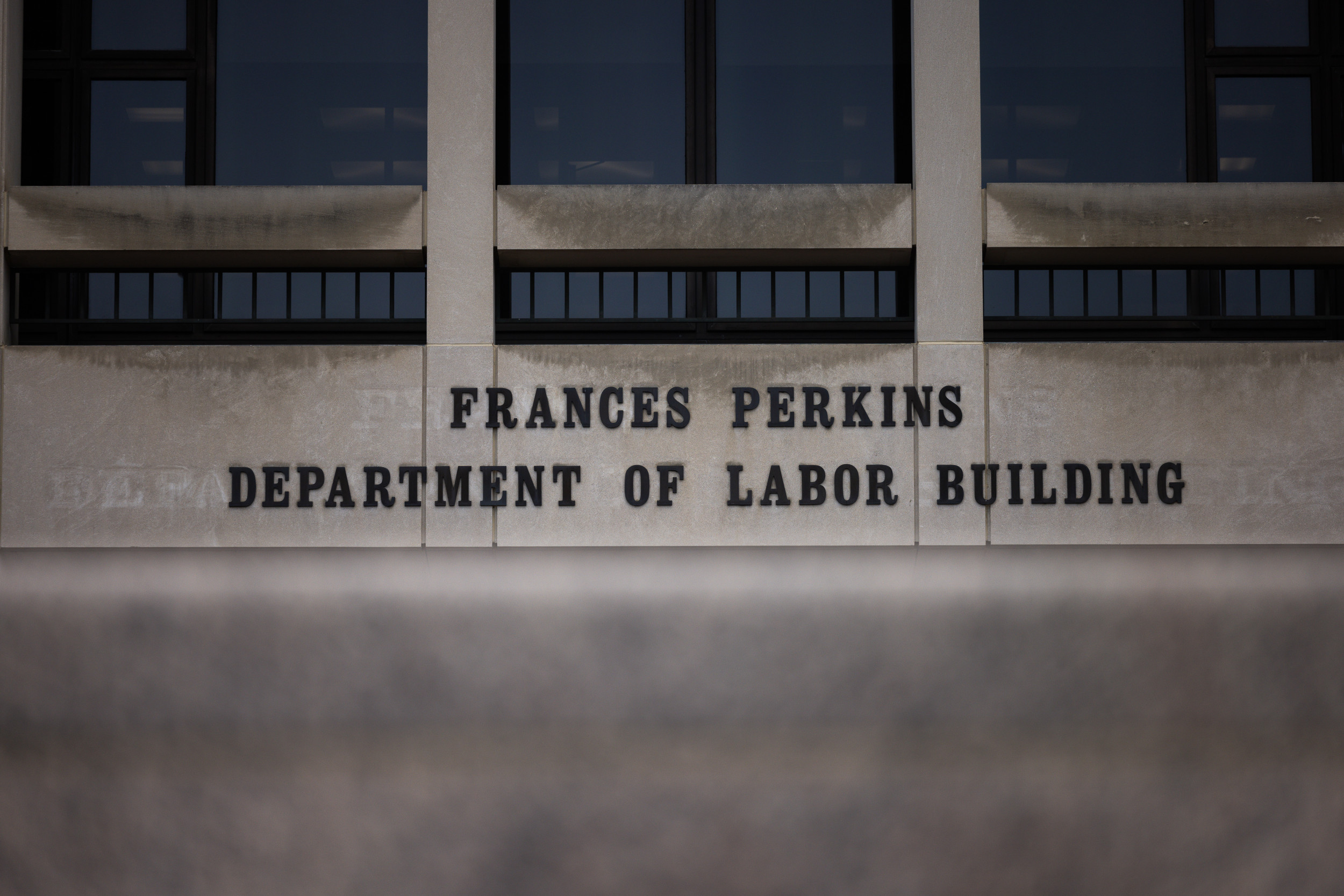Tech
Will TikTok be banned in the US? What the 2025 deadline means

After TikTok lost its legal battle to strike down a law that could lead to its ban in the United States (US), millions of users and businesses are left wondering: what happens next for the social media platform that has become deeply woven into American digital culture?
How did we get here? TikTok’s rocky journey in the US
The path to TikTok’s potential ban has been long and complex. What started as security concerns during the first, often mercurial Trump administration, has evolved into bipartisan action against the Chinese-owned platform. The watershed moment came in April 2024 when President Biden signed legislation requiring ByteDance, TikTok’s parent company, to sell the platform to a non-Chinese owner or face a ban in the United States.
The recent ruling by the US Court of Appeals for the District of Columbia Circuit dealt a significant blow to TikTok’s future in America. The court rejected TikTok’s arguments that the law violated First Amendment rights and the Fifth Amendment’s equal protection clause, instead deferring to Congress’s national security concerns about potential Chinese government influence over the platform.
What’s at stake for American users and businesses?
The implications of a TikTok ban would be far-reaching. With over 170 million American users, TikTok has become more than just an entertainment platform – it’s a crucial marketing channel and income source for countless creators and businesses.
Small businesses have found a uniquely effective advertising platform in TikTok, with its algorithm often delivering better engagement rates than traditional social media. Content creators who have built their livelihoods on the platform would need to migrate their audiences to other platforms, potentially losing the communities they’ve spent years building.
The January 2025 deadline: What are TikTok’s options?
The clock is now ticking toward January 19, 2025 – the deadline for ByteDance to sell TikTok or face a ban. TikTok has several options:
- Appeal to the Supreme Court: The company has already indicated its intention to appeal, betting on the Supreme Court’s historical record of protecting First Amendment rights.
- Find a buyer: Alhough ByteDance has previously stated it won’t sell TikTok, the pressure of an imminent ban might force a reconsideration. However, finding a suitable buyer who can afford the platform’s estimated value while satisfying both US regulators and Chinese export controls would be challenging.
- Face the ban: If neither option succeeds, US app stores and internet services would stop hosting TikTok or face significant fines.
The political dimension: A shifting landscape
The political context adds another layer of complexity. While President-elect Trump has recently expressed opposition to banning TikTok – a reversal of his previous stance – it’s unclear whether he could prevent the ban’s implementation when he takes office. The law would take effect just one day before his inauguration, and any attempt to undo it would require congressional action.
What could fill the TikTok void?
If TikTok does face a ban, other social media platforms stand ready to capture its user base. Meta’s Instagram Reels, YouTube Shorts, and Snapchat would likely grow significantly. However, these platforms might struggle to replicate TikTok’s unique algorithm and cultural impact, elements that make it so successful among users.
Looking ahead: The broader implications
The TikTok situation represents more than just the potential end of a popular app – it signals a significant shift in US-China tech relations. It raises important questions about digital sovereignty, national security, and free speech in the age of global social media platforms.
For businesses and creators dependent on TikTok, the prudent approach would be to diversify their social media presence while watching how the situation unfolds. The coming months will be crucial as TikTok pursues its Supreme Court appeal and potentially explores sale options as the January 2025 deadline looms.
The outcome of the situation will likely set precedents for how democratic nations handle popular apps owned by companies from countries viewed as strategic competitors, making the TikTok case a crucial point in the evolution of global social media governance.
Interested in hearing leading global brands discuss subjects like this in person? Find out more about Digital Marketing World Forum (#DMWF) Europe, London, North America, and Singapore.










